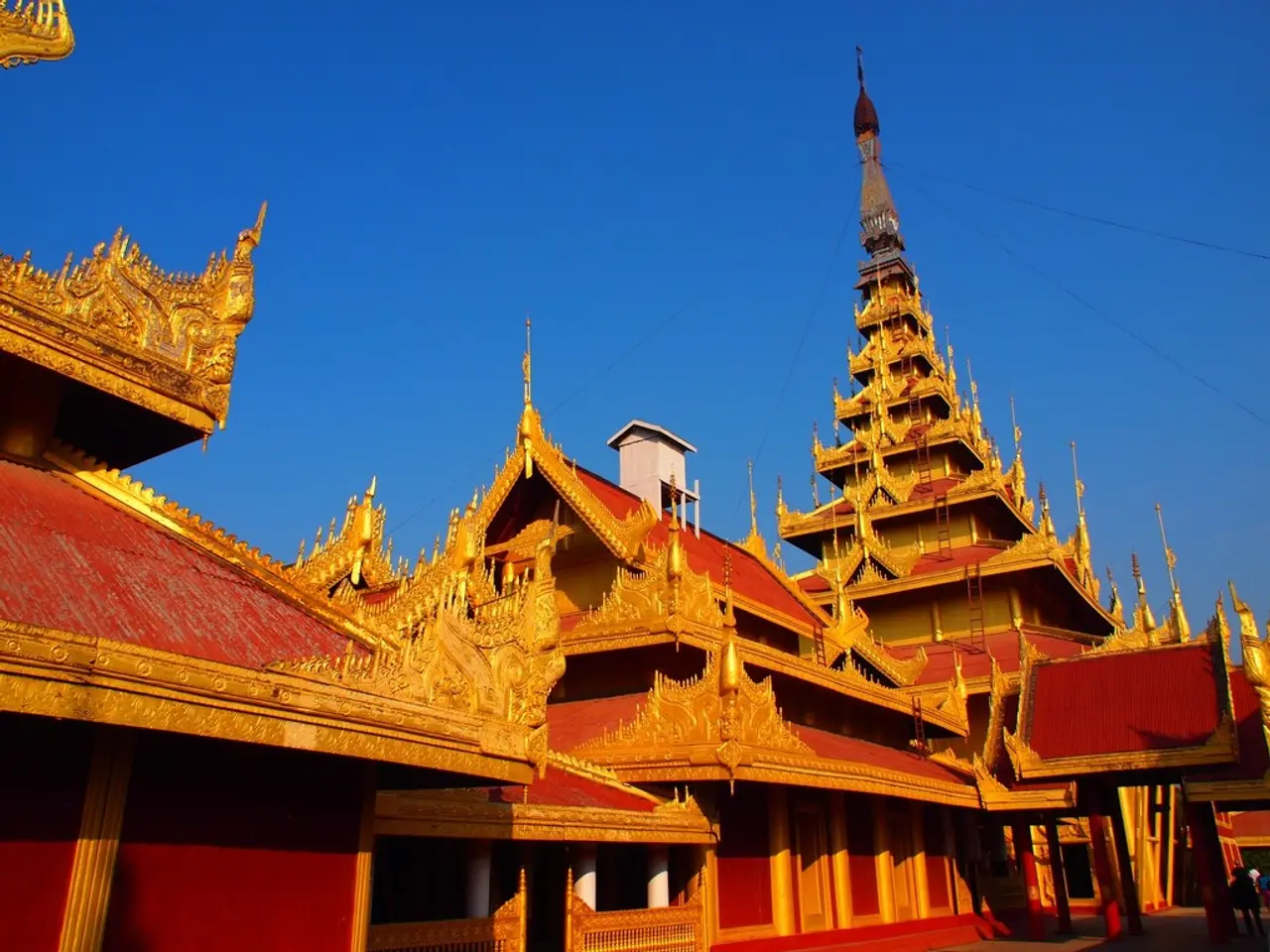Travel Fee for Tourists in Thailand Postponed Until 2026 – Reasons Explained
The implementation of a new travel fee for foreign tourists in Thailand, known as the "Kha Yeap Pan Din" (meaning "stepping onto Thai soil" in Thai), has been delayed. The decision comes amidst weaker-than-expected tourist arrivals and ongoing external uncertainties.
The tourism sector contributes significantly to Thailand's economy, accounting for approximately 20% of the country's GDP. However, the Ministry of Tourism and Sports has decided to postpone the implementation of the travel fee due to concerns about the timing, given the weaker-than-expected tourist arrivals.
Chakrapol Tangsutthitham, the Assistant Minister of Tourism and Sports, confirmed the delay, stating that the ministry needs more time to study the details and determine an appropriate fee structure based on the mode of travel—land, sea, rail, or air. Minister Sorawong Thienthong deemed the current timing for implementing the fee as inappropriate due to ongoing external uncertainties.
The travel fee was initially proposed to be THB 300 for air arrivals and THB 150 for land or sea entries. The revenue from the fee was intended for projects that improve tourism infrastructure and provide insurance coverage for travelers.
Earlier this year, Thailand rolled out a new digital entry system for pre-arrival registration, replacing tedious paperwork. This system is expected to boost data collection, improve processing at airports and borders, and support a more seamless travel experience.
The exact new implementation date for the travel fee has not been announced yet. The delay may be related to broader concerns over Thailand's economic outlook. The Ministry aims to introduce the fee in the second or third quarter of 2026.
As of the start of July 2025, tourist arrivals totaled about 17 million, a 5% decrease from the same period in 2024. The impact of this decrease on Thailand's economy is not yet clear.
The digital entry system, despite not being directly linked to the travel fee, is expected to contribute positively to the tourism sector and the overall economy by enhancing the travel experience for foreign tourists.
The Ministry of Tourism and Sports' decision to postpone the implementation of the travel fee, initially set to generate revenue for improving tourism infrastructure and providing travel insurance, could indirectly influence Thailand's economy, given the sector's significant contribution to the country's GDP. Alongside external uncertainties, the delay in implementing the fee, originally proposed for THB 300 for air arrivals and THB 150 for land or sea entries, raises questions about the impact on general-news and the country's financial situation, as well as the lifestyle of those who rely on tourism-related industries for livelihood.




